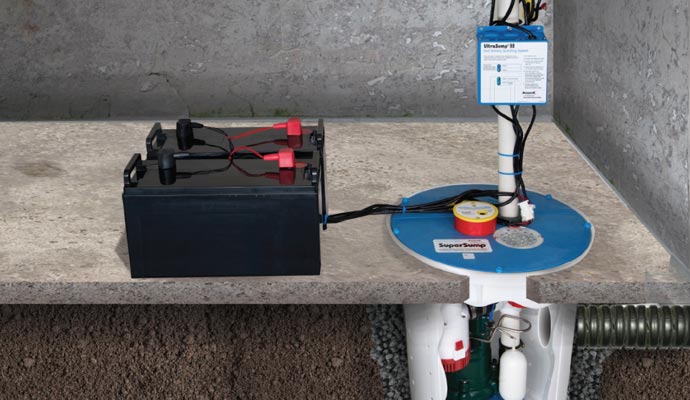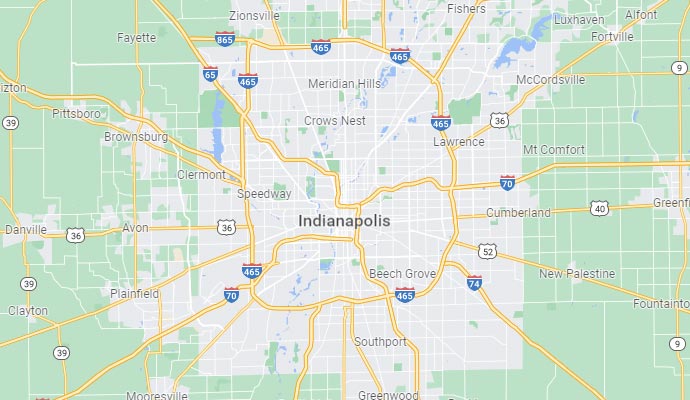Protecting Your Home Before The Next Summer Storm
Powerful summer storms and heavy rains can wreak havoc on your home and yard.
Be prepared. You can prevent water damage from ruining your Indianapolis basement and your summer.
Here are some tips on how to protect your home for the summer storm season.
Sump pump-
Check to see if your sump pump is working properly. Your sump pump should be pumping water through pipes that exit just above ground level. If the discharge pipes don’t extend far enough from the Indianapolis foundation walls, the water exiting your home will go right back down into the drainage system. The persistent flow of water may cause Indianapolis basement or Indianapolis crawl space flooding and burn out your sump pump, leading to additional water problems.
Sewer and septic system-
Take a good look at your sewer and septic system. If your sewer or septic pipes are clogged with dirt and debris, water may be forced into your Indianapolis basement or crawl space. If water overwhelms the drainage system, the pressure against the Indianapolis foundation walls or floor may result in water seepage that can compromise the structural integrity of your home.
Gutters and downspouts-
Make sure your gutters and downspouts are clean and directed away from your house. Gutters and downspouts clogged with leaves and other debris cause water to overflow into the porous soil surrounding your home’s foundation. The collected water may leak through cracks, joints, masonry and concrete.
Grading-
Be sure that your yard slopes away from your home. If your yard was poorly graded or if soil erosion has changed the slope of your yard over time, consider re-grading before summer storm season. Negative grading allows water to run toward the house, which can cause Indianapolis foundation wall and footer seepage.
Soil quality-
Consider the soil quality of your yard. If your yard stays wet for hours or days after a heavy rain, you may have poor quality soil. Depending on soil nutrient status, salinity and water-holding capacity, your yard may not be able to absorb or trap water. The excess water may build up around the Indianapolis foundation walls and under the footer, causing seepage. Upgrading the soil quality may help prevent Indianapolis basement or Indianapolis crawl space flooding.
Soil erosion-
Look for signs of soil erosion, such as areas of soil depression or mulch build-up. After a high-intensity storm, soil erosion may direct water and yard waste to collect in window wells and Indianapolis basement stairwells. The resulting pressure may cause water to seep through wall cracks or the foundation’s footer.
High or “false” water table-
Check the soil around your home’s Indianapolis foundation throughout the summer. Seasonal moisture fluctuations and heavy precipitation can create a localized area of high groundwater that rises above your home’s Indianapolis crawl space or Indianapolis basement floor. The resulting water pressure can cause Indianapolis basement or Indianapolis crawl space flooding.
Heavy runoff-
Watch out for heavy runoff, which can occur when excess water can’t be absorbed into the soil or trapped on the surface. Runoff often cuts paths into the soil and creates puddles and ponding in the yard. The trapped water may seep through Indianapolis foundation wall cracks or under the concrete footing, leading to water damage.
Summer storms can make a mess of your home. Be prepared. Before the next heavy rainfall, check your sump pumps, sewer system, gutters, downspouts and yard for potential problems. Fix anything that could cause water damage, because Indianapolis basement or Indianapolis crawl space flooding can lead to other problems like mold and mildew.
To find out how Americrawl can help you keep your home dry year round, call us today 463-218-6767.
Details
Published: 08 June 2017

















